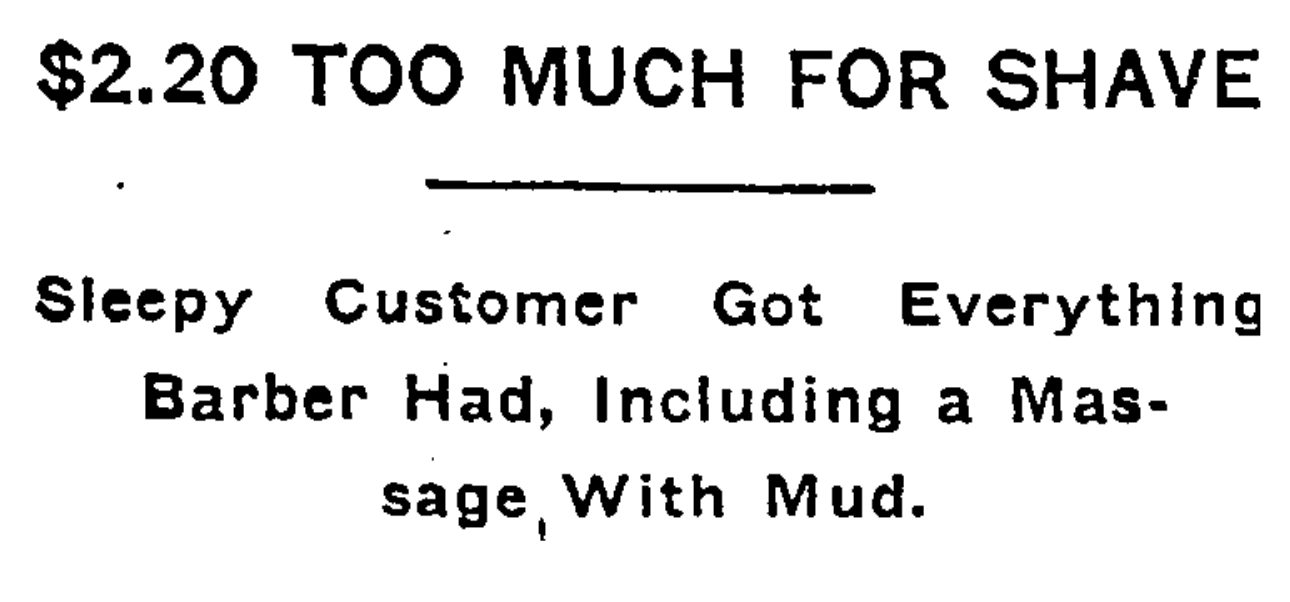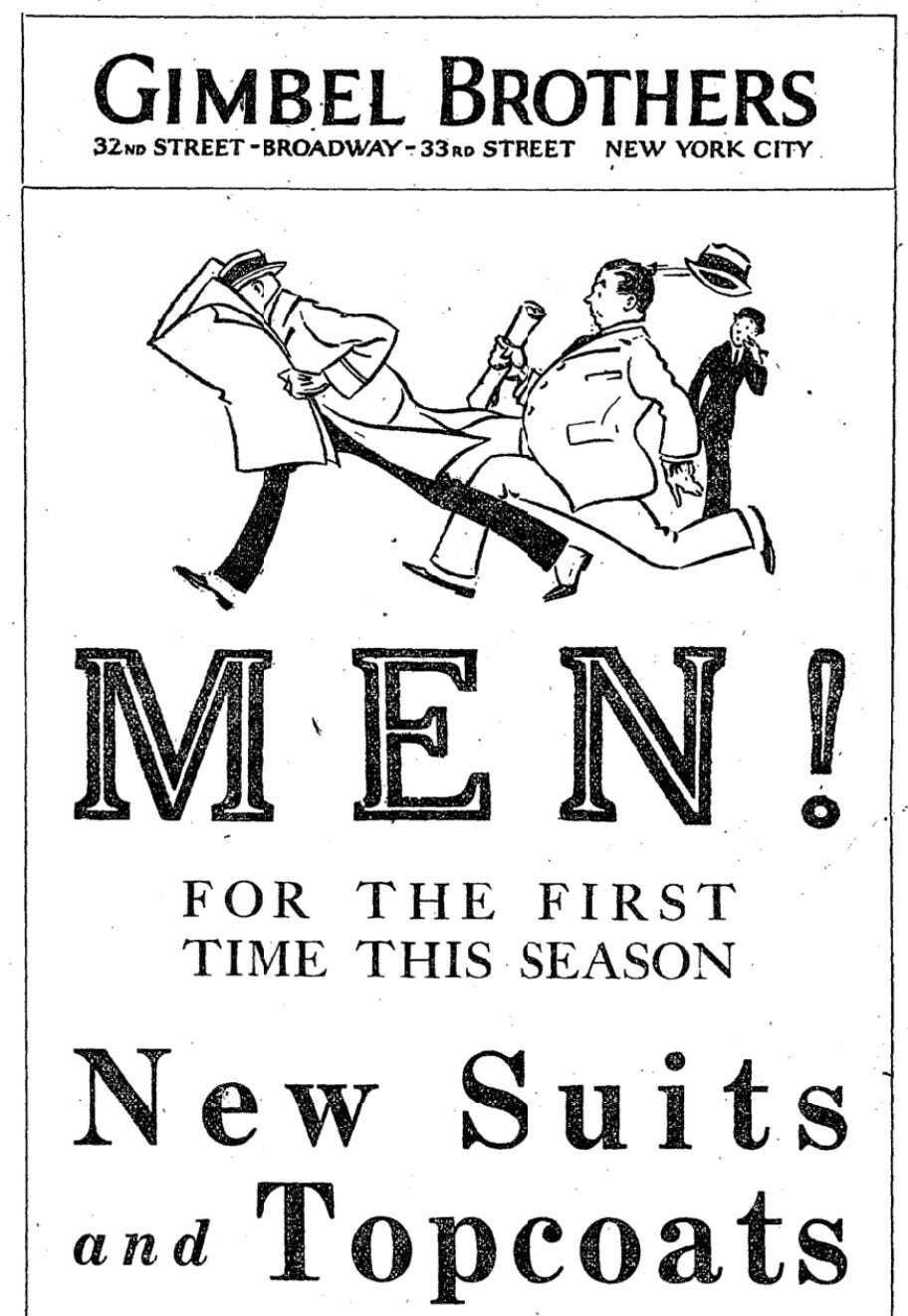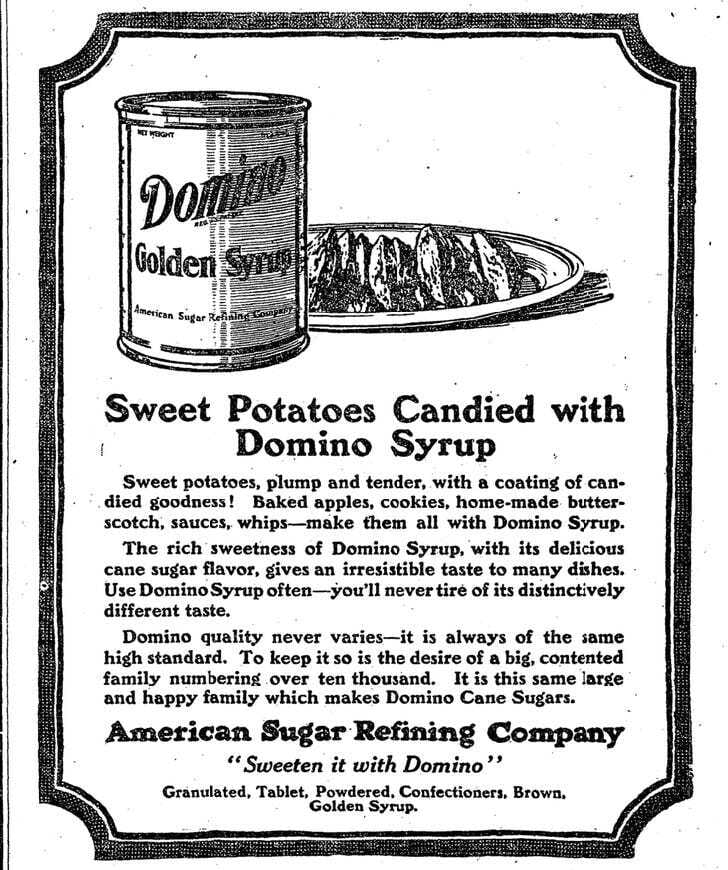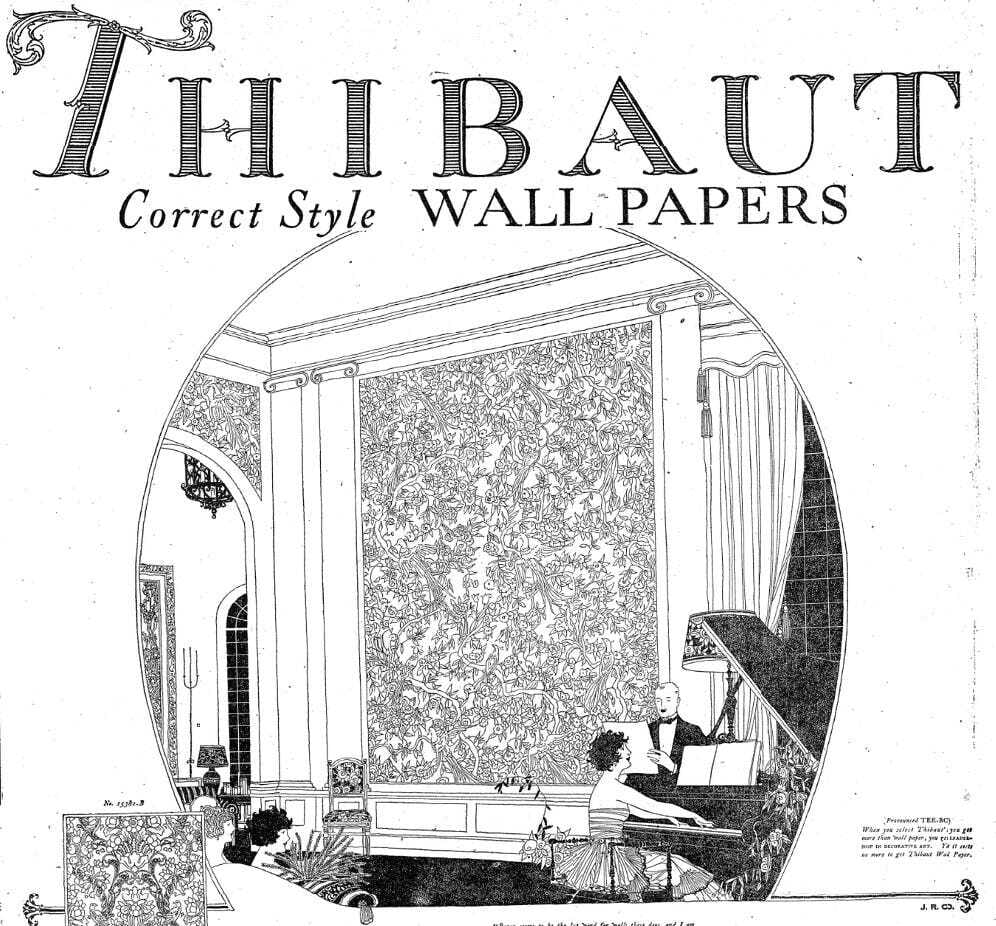- Strange Times
- Posts
- Strange Times 119: Daylight Brigandage
Strange Times 119: Daylight Brigandage
Strange Times is a newsletter that explores the weirdest news of 1921, one day at a time. If you like it, you will probably like Westside Saints, my latest Jazz Age mystery novel, as well.
And if you’re looking for other delightful things to read, I strongly recommend Britni de la Cretaz’s new essay on the liberating power of queer sex. And since I know y’all are interested in newsletters and journalism, you might also be curious about their recent newsletter issue, where they talk about the massive amount of work and thought that goes into squeezing a whole life into 3,500 artful words. Now, back to 1921…
Today we have drunken divers, a mud-slinging barber, and startled Swiss bankers. Make an extremely poor decision on…
April 29, 1921
The speedboat Gar II Jr loses its race to New York against the Florida express train, after a small gale forces it into port.
A London newspaper complains that President Harding’s ungrammatical speech, including the popularization of words such as “normalcy” and “hospitalization” are an affront to the King’s English.
Wagon 2419, the train car where the armistice was signed ending the Great War, is put on display in a Parisian military museum. (19 years later, Hitler will force the French to surrender to Nazi Germany in the same car.)
The Weather: Generally fair today and Saturday; not much change in temperature; moderate, variable winds.

This is such a stupid way to die, y’all. And the last sentence might be the least surprising thing I’ve read all year.
A crowd of boys followed two men on the bridge across the Harlem at 145th Street and Lenox Avenue last night because the pair were arguing so loudly the youngsters expected to see a fight.
When they reached the middle one of the men cried, “Are you ready, Frank?” and leaped overboard. The other cried, “How is it down there, Joe?” got no answer, and followed in the forty-foot jump.
Henry Purcell, the bridge engineer, attracted by the noise, came out in time to see one man clinging to an abutment. He heard a voice calling to the other man in the water to come back from the middle of the time, where he was battling with the tide. The swimmer tried to come back, apparently couldn’t make it and disappeared. The other man lost his clutch on the bridge and he, too, disappeared.
The police used automobile lamps to search for the men, but could find neither one. Then Harbor A squad hunted with a launch, but found no one.
The boys said the men seemed to have been drinking.

A classic Strange Times piece, because it’s so tightly written that it doesn’t quite make sense. Why did the barber throw mud at this man? Why did a barber have mud? There are so many answers I want, but I’d settle for a haircut and a shave.
“Although you have apparently reduced your price for shaves from $3.15 to $2.20,” Magistrate Corrigan told Harry Rose, a barber, in Jefferson Market Court yesterday, “I find you guilty of disorderly conduct for putting mud in the face of the complainant and fine you $25, or sentence you to five days in the workhouse.” Rose works in the barber shop of Joseph Bold, Seventh Avenue and Thirty-third Street.

Without question, the only reason the Times published this story was to give Americans—whose banks were being robbed constantly and at all hours of the day—a chance to feel tougher than the Swiss.
GENEVA, April 28.—The cashier of a bank in Basle was mortally wounded by three bandits who today held him up inside the bank and secured 20,000 francs in Swiss notes and other scrip.
This was the first case of daylight brigandage in the police records of Switzerland for nearly a century. It has caused great indignation, especially as the robbers are believed to be foreigners.



